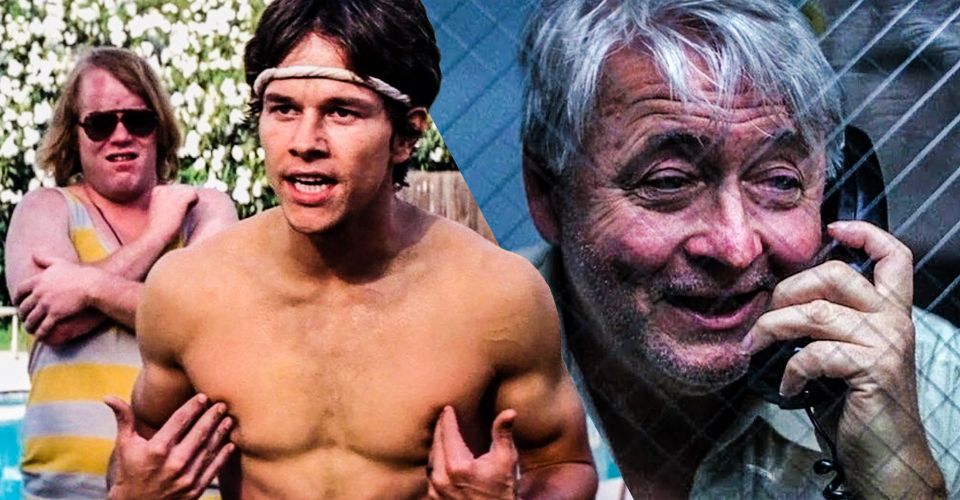Boogie Nights: Why The Colonel Was In Jail

1997’s Boogie Nights portrays the wild adventures of characters involved in the pornographic film industry during the late ’70s and early ’80s, but why did The Colonel end up in jail? The long-running, comedic period piece follows the discovery, career, and rock bottom of Eddie Adams (Mark Wahlberg)–who goes by the porn star name of “Dirk Diggler”–and those orbiting around him. The film shows how a lifestyle that begins with a surplus of money and material possessions, debauchery, overall excess, and throwing caution to the wind can be quite fun, that is, until it suddenly isn’t.
The way the characters in this Paul Thomas Anderson classic live rapidly catches up with them, and one disturbing example of this is when “The Colonel” (Robert Ridgley)–who finances Jack Horner’s (Burt Reynolds) films–ends up in jail. Jack gets a call from him after he’s arrested and the two meet so The Colonel can give his side of the story from behind glass. He tells Jack about how a 15-year-old girl overdosed on cocaine at his house. Right away, the girl’s age is problematic, especially with the use of drugs, and likely sexual relations, between them.
But The Colonel uses a classic abuser line, insisting that she seemed much older than her age and that they didn’t actually become physical. But the story gets even worse when he explains that, once paramedics and authorities arrived, “they found something at the house.” Movie legend Burt Reynolds does a phenomenal job portraying a look of horror as he knows where this is going, but still asks for elaboration. The Colonel doesn’t give too much detail, but he says that what was found is his “weakness.” He also says, “[t]hey’re so small and they’re so cute and they’re so adorable…” Viewers quickly piece together the same heinous picture as Jack: it’s clear that The Colonel was in possession of, and possibly even financing, child pornography.

It’s a horrifying revelation, but for his character, it’s certainly not surprising. Earlier in the Mark Wahlberg-starring movie, he helped a young man who was in a semi-similar situation to him. The other man had also been with a young woman who overdosed on cocaine. When The Colonel and others were called in to help at the party, they seemed relatively unaffected. More worried about legal repercussions than the woman who was on the verge of death, they decided to stealthily drop her off outside of a hospital. She even started convulsing, and everyone, including The Colonel, seemed more disgusted and overwhelmed by the situation than worried. So, by the time he’s in jail, it’s clear his character doesn’t have much of a moral compass.
His arrest also further illustrates the theme of reckoning for the carelessness and frivolity of the previous era that runs through this entire Paul Thomas Anderson movie. When Jack recruited Eddie and Rollergirl to be in his films, they were both underage. It’s clear that the age of consent wasn’t highly valued by many of the characters. Pleasure, fun, and overall debaucherous excess were the only concerns while things were going well for the ensemble cast. And The Colonel is a perfect example of how fast, wild, and sometimes unethical ways of living can eventually come crashing down–as they do in Boogie Nights.
About The Author


















